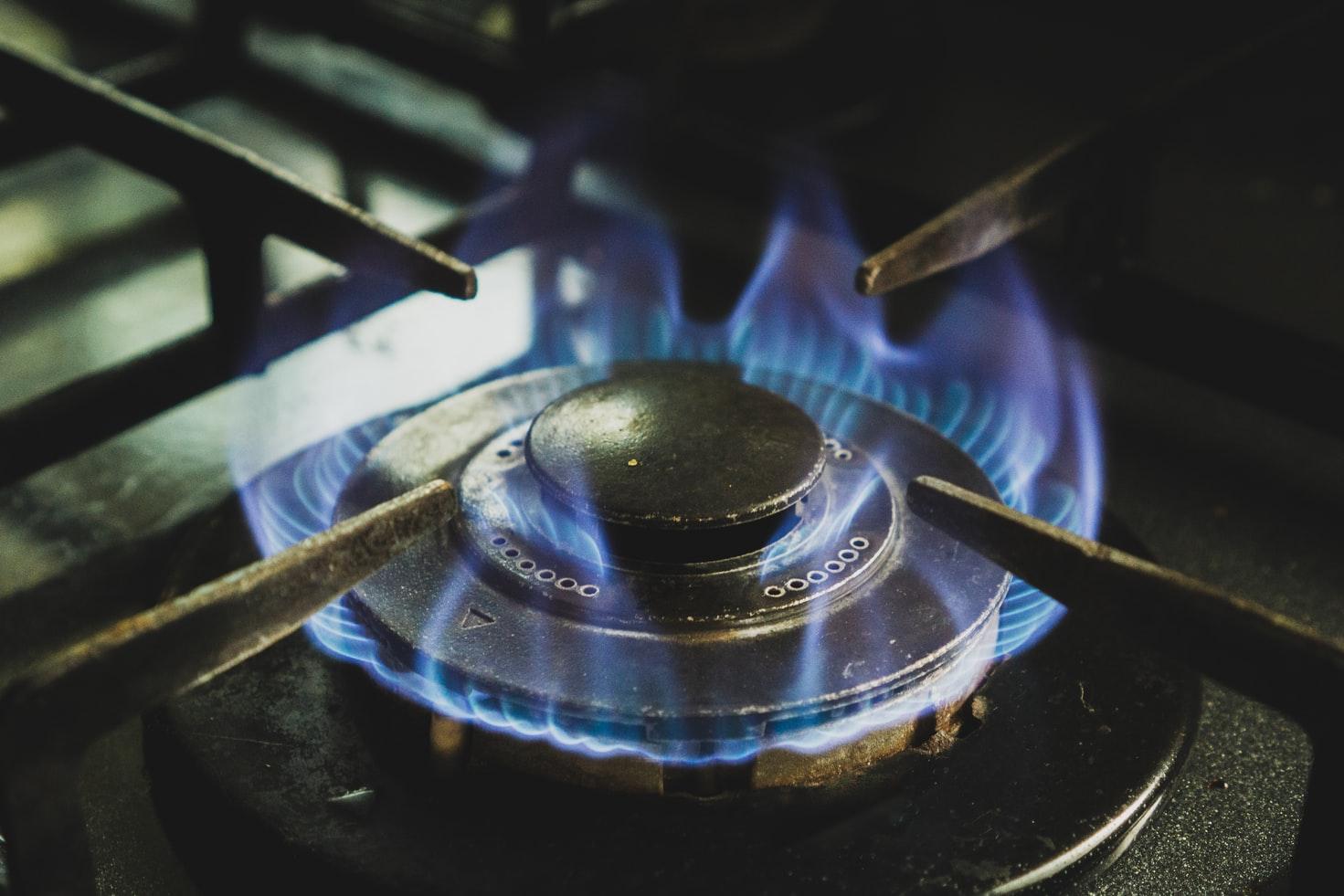Business Energy Broker
The German energy regulator has suspended the approval to service the Nord Stream 2 gas pipeline.
Wholesale gas prices across Europe have increased due to delays to the service of Nord Stream 2. The German energy regulator has suspended approval of the project until the operating company can comply with German law.
This decision could set back the servicing of the pipeline by several months. In addition to the regulator’s approval, the project will also require a green light from the European Commission.
These delays put additional strain on already limited supplies across Europe and have weighed in on the wholesale market prices.
In September 2021, estimates suggested that the certification process from Germany’s energy regulator could take up to 4 months. If these estimates are accurate, European supplies may be severely limited throughout winter and provide additional gains in the market.
However, Ukraine has opposed the Nord Stream 2 project due to their geopolitical risk. The pipeline will double gas exports from Russia to Germany but circumvent Ukraine that reply on existing pipelines for income. The loss of transit fees for Russian gas through Ukraine’s pipes would damage their economy with billions lost.
UK Prime Minister, Boris Johnson commented on this risk and said a choice was coming:
“between mainlining ever more Russian hydrocarbons in giant new pipelines and sticking up for Ukraine and championing the cause of peace and stability”
German Chancellor, Angela Merkel, also agreed that Nord Stream 2 should not be used as a weapon against Ukraine and warned Russia of increased sanctions.
What is Nord Stream?
The Nord Stream 2 is a natural gas export pipeline from Russia to Europe via the Baltic Sea and connection to Germany. The pipeline stretches over 1,200 kilometres and is capable of transporting 55 billion cubic meters of gas per year.
The original Nord Stream project was marked as a priority for the European Commission in 2000 and again in 2006 as a key to sustainable development and energy security. Construction of the pipeline started in April 2010 and its first string was operating by November 2011, with the second string following on October 2012.
After a successful development, construction and operation of the original Nord Stream, shareholders reviewed the implementation of third and fourth strings for the pipeline, now known as Nord Stream 2, in October 2012.
The Nord Stream 2 AG project company secured long term financing agreements from five European energy companies in April 2017 to cover 50% of the total project cost. Over a year later in September 2018, the pipe laying began across the Baltic Sea. Then, in September 2021, Nord Stream 2 was completed.
Combined, the Nord Stream and Nord Stream 2 have the capability of delivering 110 billion cubic meters of gas per year. Therefore, the pipeline can provide a significant amount of exported Russian gas to the European market and balance the increasing demand.

More information is available by speaking to Jason Thackray on 0333 9000 246 or email :
jason.thackray@utilityswopshop.co.uk